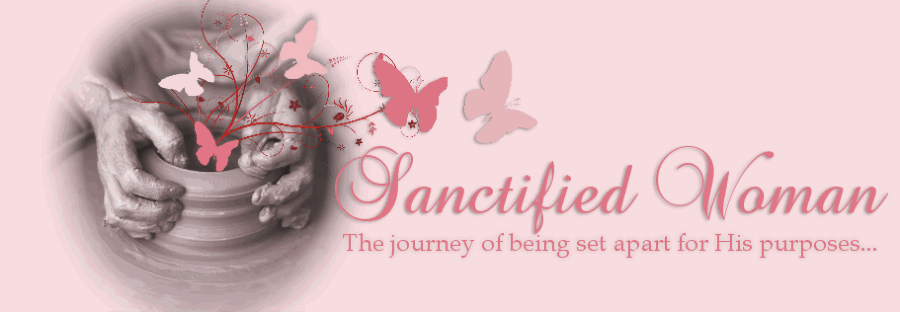Where and when did scientific thinking rise on the canvas of God's landscape of history? What was the scenery like? What was to soil composed of?
For hundreds of years, civilizations rose and fell without the benefit or discovery of scientific philosophy. Historians divide history into three stages:
- The ancient world - regarded as brilliant though limited in its scientific understanding
- The medieval world - dismissed as a time of intellectual and cultural desolation (the dark ages)
- The modern world - heralded as a time when reason and enlightenment arose to dispel the myths of medieval superstition.
History is not a pond, it is a stream, and in recent years this simple outline has been challenged, particularly the negative characterization of the medieval period and its role in providing the fertile soil for modern science. Following the stream of history, we find modern scientific thought sprung forth in western, christianized Europe.
People in pagan cultures who see nature as alive and moved by mysterious forces are not likely to develop the conviction that all natural occurrences are lawful and intelligible. (Soul of Science p26)
The world does not have its own inherent rationality, but it is intelligible because it reflects God's rationality. (Soul of Science p 33)
God's creation, set in the proper context of a biblical world view, is reality and revelation.
For since the creation of the world God's invisible qualities—his eternal power and divine nature—have been clearly seen, being understood from what has been made, so that men are without excuse. (Romans 1:20)
Creation could be studied and in that study men could be pointed back to the Creator and Sustainer of the creation. In that "pointing back", man could observe and learn more about God's power and nature.
However, man's limited view and tendency to trust his own understanding to the neglect of God's sober warnings, has led to deification of creation in many realms of scientific and philosophical thought.
For although they knew God, they neither glorified him as God nor gave thanks to him, but their thinking became futile and their foolish hearts were darkened. 22Although they claimed to be wise, they became fools 23and exchanged the glory of the immortal God for images made to look like mortal man and birds and animals and reptiles. (Romans 1:21)
Creation was good, but it was not god. Creation reveals to us His power, not our power. Creation unveils aspects of God's nature, not nature as god.
Therefore, only within the framework provided by Christianity could scientific thought be born. Christianity provided:
- Proper presuppositions - God's created order
- Proper sanctions - Man's commanded dominion and stewardship of creation
- Proper motives - Show how creation proclaims the wisdom of the Divine Creator
While many modern scientists have come to view Christianity as the great "crippler" of science, they neglect the very roots from which modern scientific thought sprung. Christianity was indeed the great cultivator of modern scientific thought.












Another good post. I appreciate you offsetting some of the negative connotations of the medieval world. Today our secularized society looks denigratingly upon that time because, thought there were some harsh realities for European life, there was also a firm foundation of Christian belief and function. Many of the great cathedrals were built then, much of the labor being volunteer from the church members. Debt was nearly nonexistent b/c the church was against interest (as per the OT). Life could be tough for families economically, no doubt. But, there developed cottage industries - families would work on a trade in their own homes. We are seeing signs today of a return to this home-based industry idea.
ReplyDeleteIn many ways, the medieval age provided a safer environment for families and faith than our own "enlightened" age does today.
Another good post. You are a good writer. wb